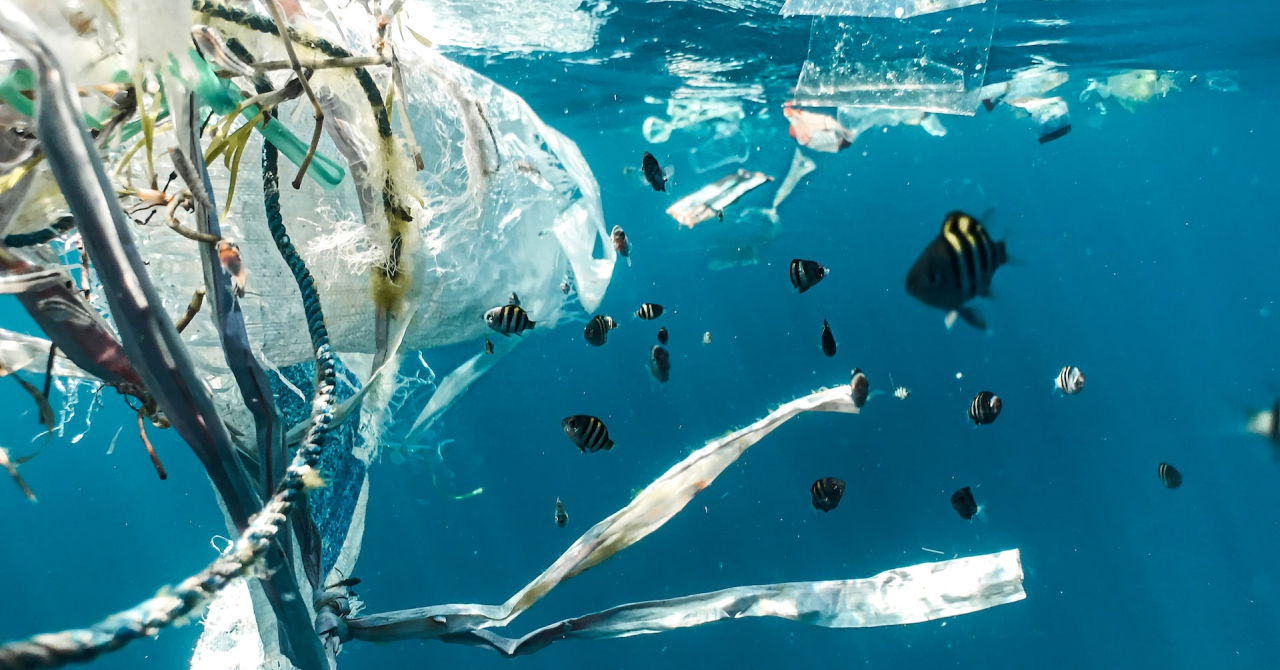According to Reuters, scientists led by 5 Gyres Institute, a U.S. organization that campaigns to reduce plastic pollution, said that about 171 trillion plastic particles reached our oceans up to 2019. They predict that the amount could increase by 2.6 times by 2040, unless world governments don't implement efficient policies to prevent this.
Marcus Eriksen, co-founder of the 5 Gyres Group, said that "we've found an alarming trend of exponential growth in microplastics in the global ocean since the millennium."
"We need a strong legally binding U.N. global treaty on plastic pollution that stops the problem at the source", he explained.
The decomposition of plastic waste in the planet's large waterways is particularly dangerous, because animals can mistakenly feed themselves of these toxic materials and then we could ingest them ourselves through the fish we eat.
Experts at Greenpeace also warned that plastic production isn't stopping, since they believe that manufacturing plastics will double in the next decade to 15 years and it could triple by mid-century.
 Mihai - Cristian Ioniță
Mihai - Cristian Ioniță












Any thoughts?